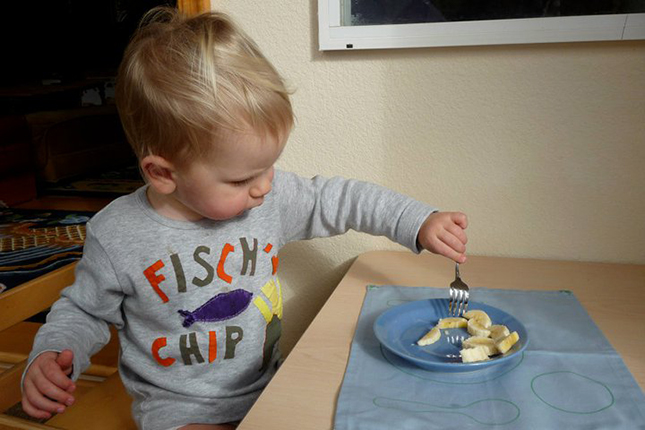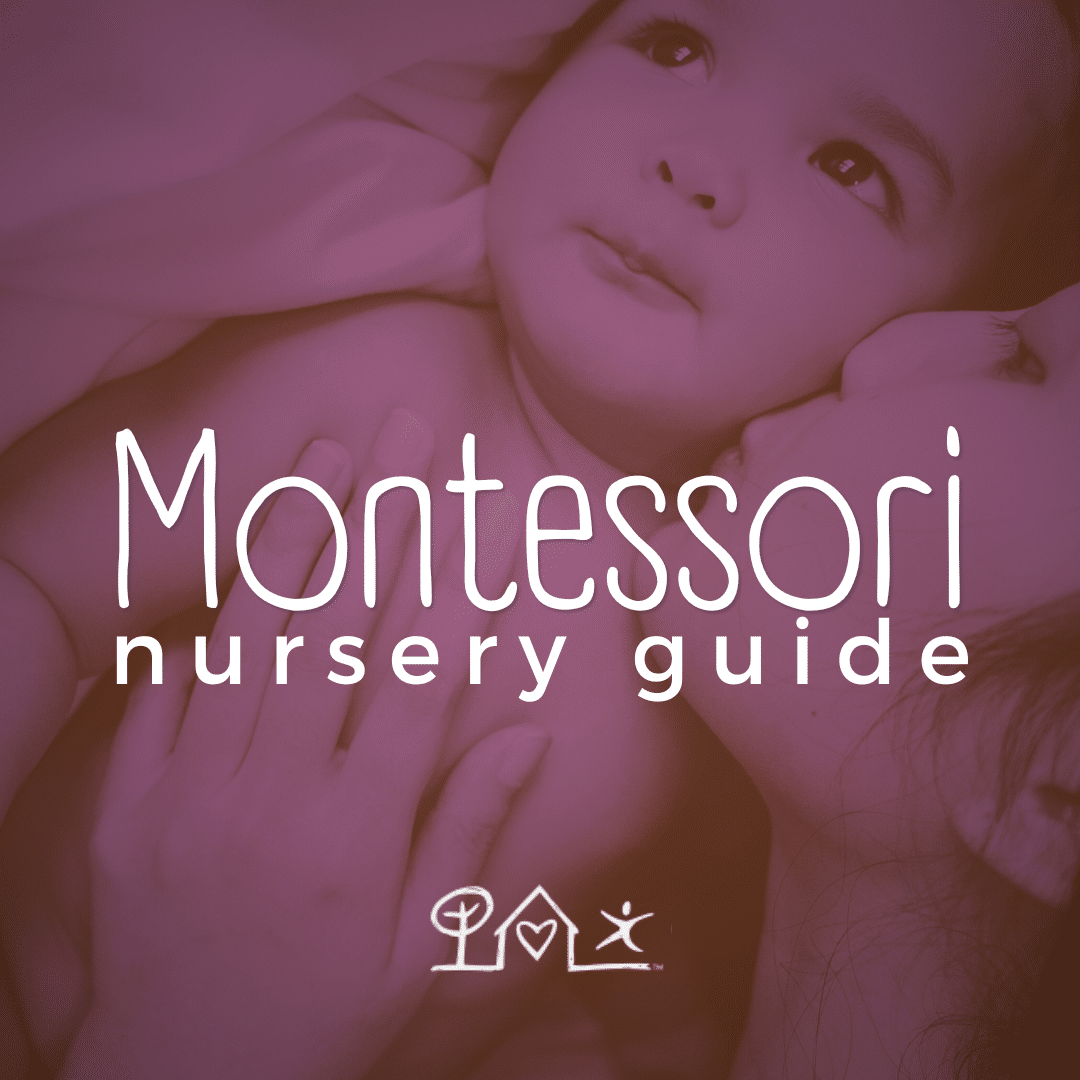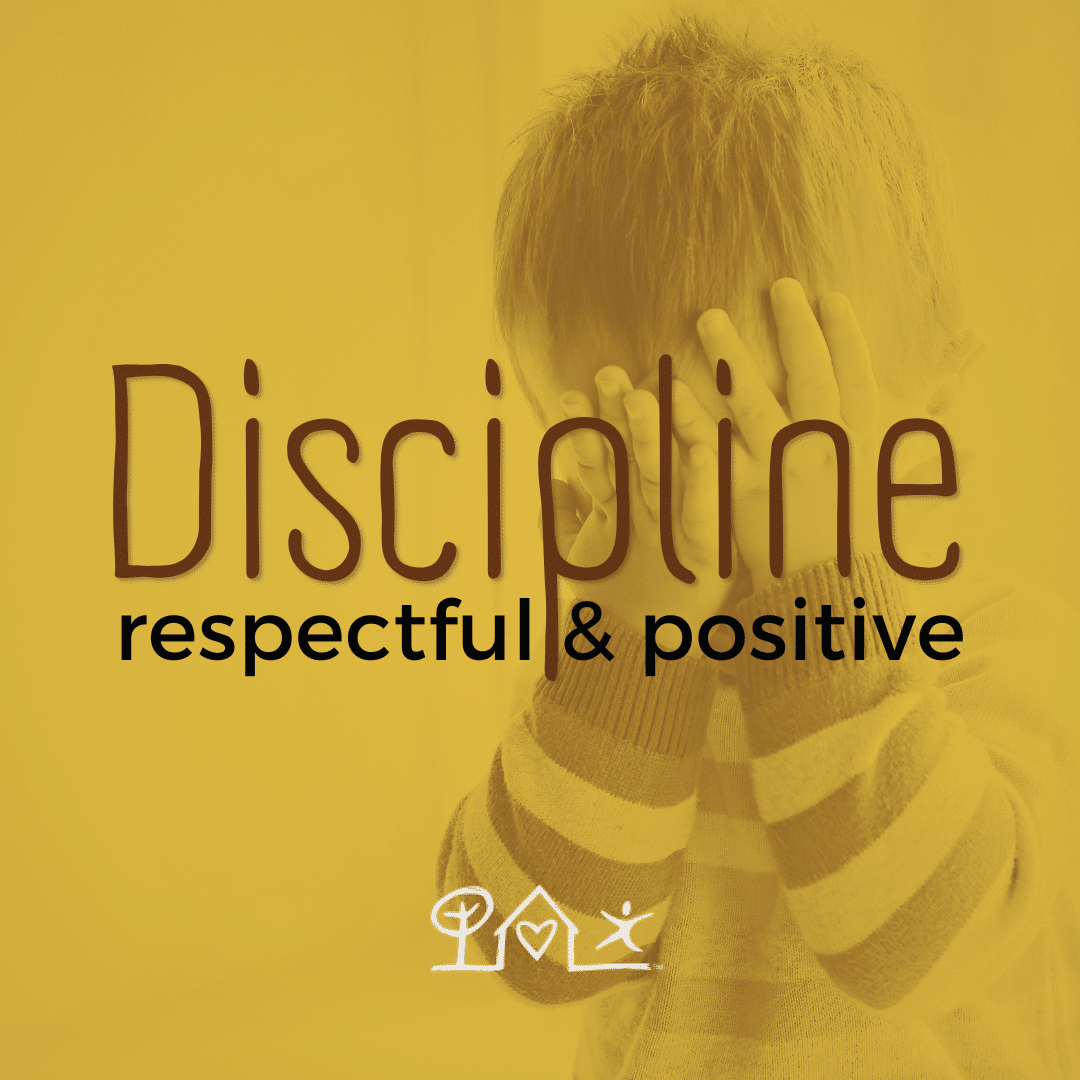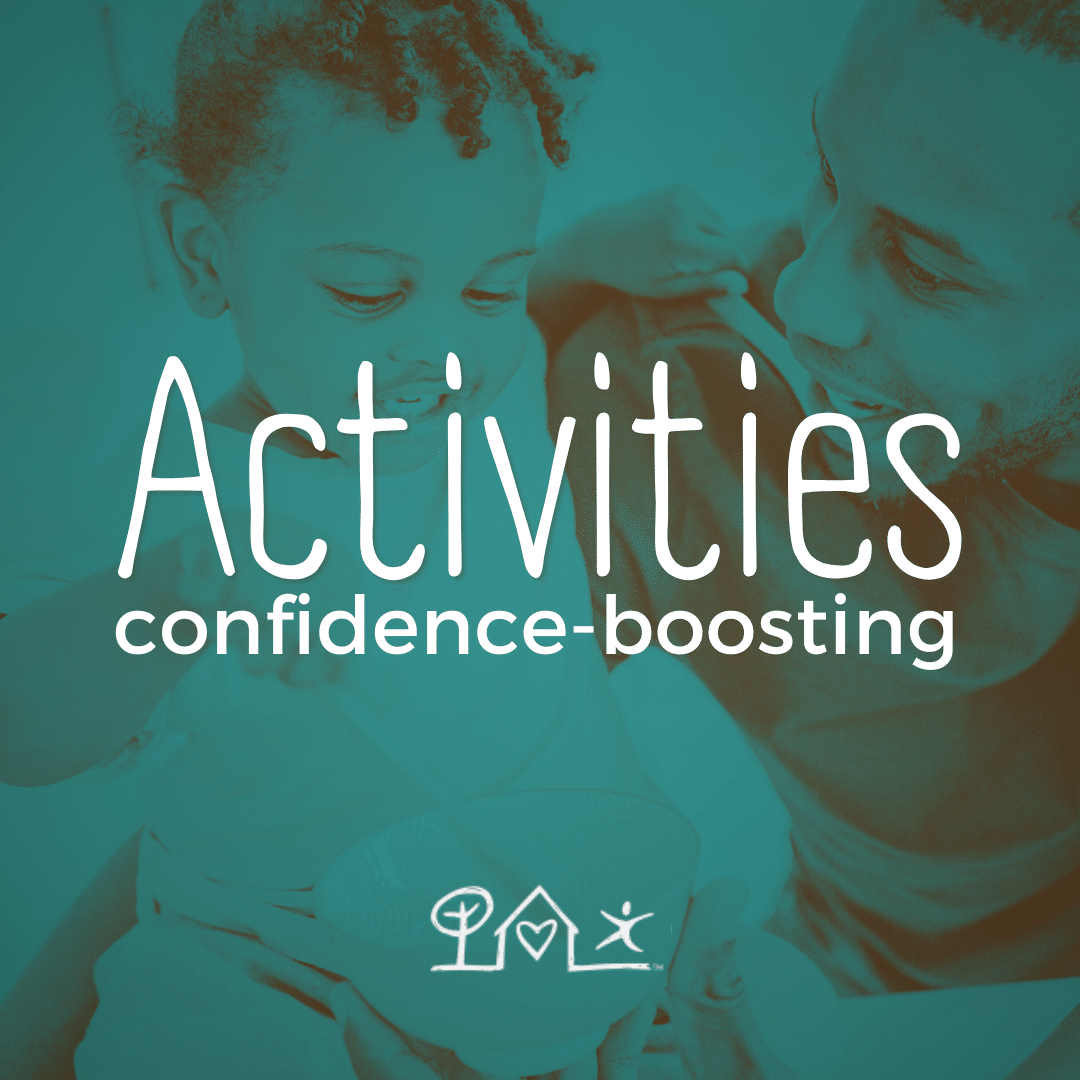
and set up your child for a lifelong healthy relationship with food.
In part I of this series, we discussed the developmental importance of introducing practical activities and expectations before the child seems ready to perform them perfectly. Today we’re going to discuss how this applies to mealtimes. Here’s a common scenario and the Montessori alternative…
The scenario:
Jessica was really hesitant to let her one-year old daughter April feed herself. She felt that a spoon in a baby’s hand always resulted in a huge mess. And forks… Well, they’re downright dangerous!
After two years of spoon-feeding her toddler while juggling her own meals, Jessica finally got tired of the arrangement. Sadly, by the time she acknowledged that April was ready to manage the spoon (and worked up the courage to face a messy mealtime), the little girl had come to the conclusion that she could only be spoon-fed by adults and refused to lift a finger to feed herself. She got angry when her mom tried to put the spoon into her hand and flung the utensil – and the food it carried – across the room!
Jessica tried a few more times but then gave up and resigned herself to several more years of feeding April.
Montessori alternative:
A Montessori mealtime with a baby is a little messy, and it’s also slow and repetitive. But it’s undoubtedly one of the most important learning opportunities of the child’s entire day!
Consider giving your child access to a spoon from the very first time you feed her solids (normally between 4-6 months of age, when she’s able to hold up her head and sit up with some assistance). It’s handy to have two spoons: one to feed the child and the other to let the child experiment. Your child might grab for your spoon right away, but she might also test out the unused spoon or ignore it completely.
As soon as your child develops some coordination and shows interest in feeding herself, which might happen around eight months of age, you can encourage her to take a spoonful of food to her mouth on her own by loading the spoon each time and leaving it on the plate or bringing it close to her hands.
Will this be messy? Absolutely! But by setting the expectation of self-feeding with minimal assistance, you are encouraging the development of coordination, sending a message of trust, and fostering independence. Just remember to use a second spoon to make sure your child is receiving adequate nutrition!
Around 12 months of age, your capable child will want to load the spoon on her own. It might take many messy and frustrating attempts to manage this, but she’ll eventually be successful. (Remember to keep that second spoon handy!)
Some time around 15 months, all this work will pay off and your toddler will be able to feed herself with silverware! She will feel competent and trusted, essential qualities for building strong self-esteem.
This approach to mealtimes requires some planning, but luckily you’re not alone. A home consultant can help you understand each phase of your baby’s relationship with food: from setting up the ideal nursing area to choosing the right eating utensils and establishing a predictable routine. She’ll explain the reasons for your child’s behaviors and will help you prevent common challenges like the picky eater or the toddler who won’t sit still.
When you approach mealtimes using the Montessori alternative you avoid common power struggles and set up your child for a lifelong healthy relationship with food.
Pilar Bewley is a Montessori-trained educator and parent. She received birth coaching and guidance for setting up her home environment from Jeanne-Marie, and her entire family has reaped the benefits! Pilar blogs about all things Montessori at The Full Montessori







1 thought on “Eat, Poop, Sleep – Part 2: Montessori mealtimes by Pilar Bewley”